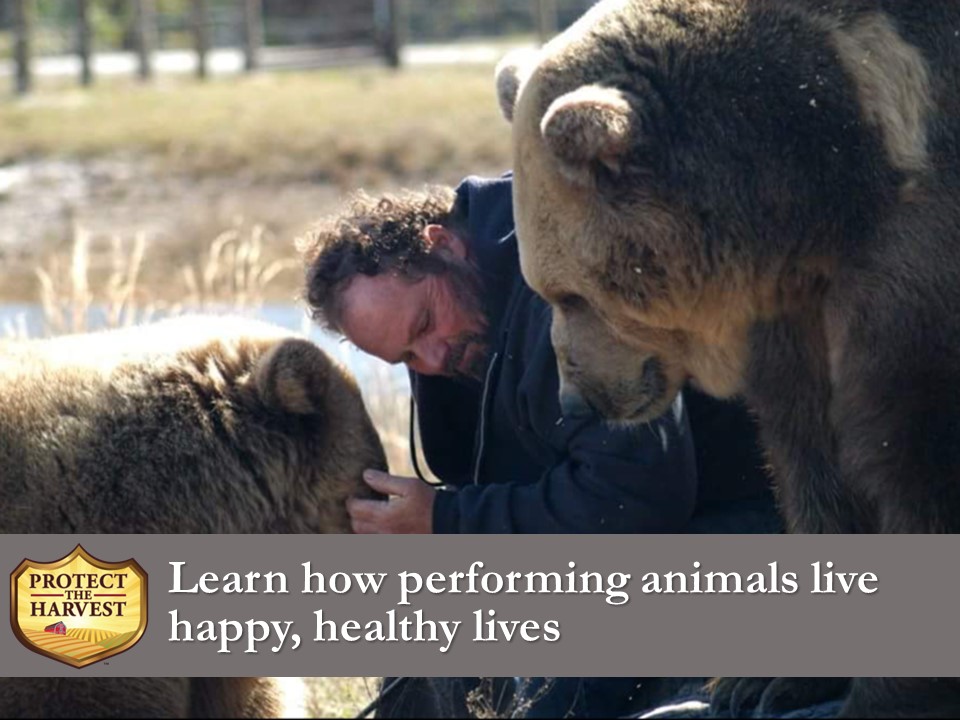Performing Animals in Human Care
Nowadays, most performing animals are born into the care of humans. The reason for this is two-fold: shrinking habitat and species conservation efforts. Animals that remain in the wild live short, dangerous lives and they face daily struggles with predation, poaching and other threats. Performing animals in human care benefit in many ways by receiving food, shelter, behavioral enrichment and veterinary care.
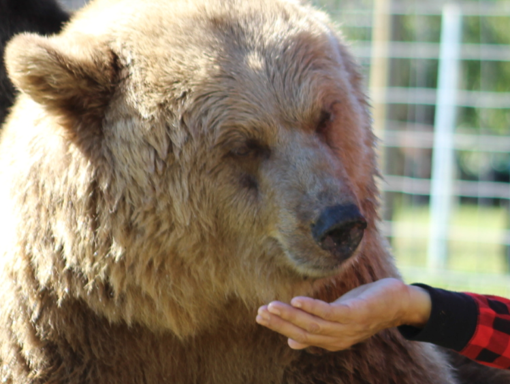
Enrichment for Performing Animals
An important term used in measuring animal welfare is “enrichment”. Enrichment and training are an important part of keeping performing animals and other animals in human care and are a way to help keep them healthy and safe. Enrichment is using training and other opportunities like performances and enhancing natural behaviors to stimulate animals living in human care both mentally and physically. If you consider your own pets, everyone knows that pets thrive on interaction and activity. It is no different for an elephant, horse, bear or any other animal. When animals are trained and then perform,it is essentially organized play where their behaviors are rewarded. This is just like playing fetch with your dog or using a ribbon to entertain a house cat. Animal behavior studies have shown that performing animals suffer no stress during training, transportation and performance. Additionally, enrichment and training have added greatly to the scientific understanding of how animals learn, think and perceive their world.
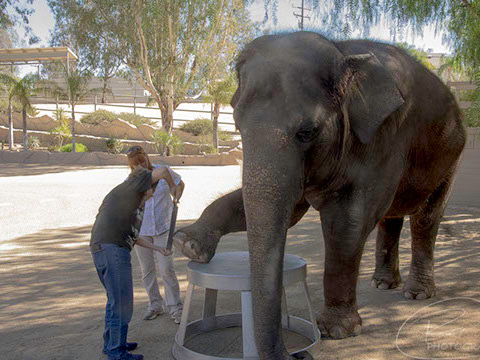
Training – An Important Component of Animal Health and Husbandry
There are additional benefits to training. Training animals to cooperate allows humans to provide care and medical treatment to animals. For example; a bear, elephant, tiger or lion that has been trained to open its mouth aids the veterinarian in performing a dental examination, the animal that has been trained to lie down or to accept a bath allows for their caregivers to closely monitor their health, and elephants that have been trained to step on a stool allows for them to receive proper foot care. Asking animals to perform behaviors also allows their caretakers to observe their behavior and movement, which can be an early indicator if they are sick or injured.
Our children need to learn about and experience animals.
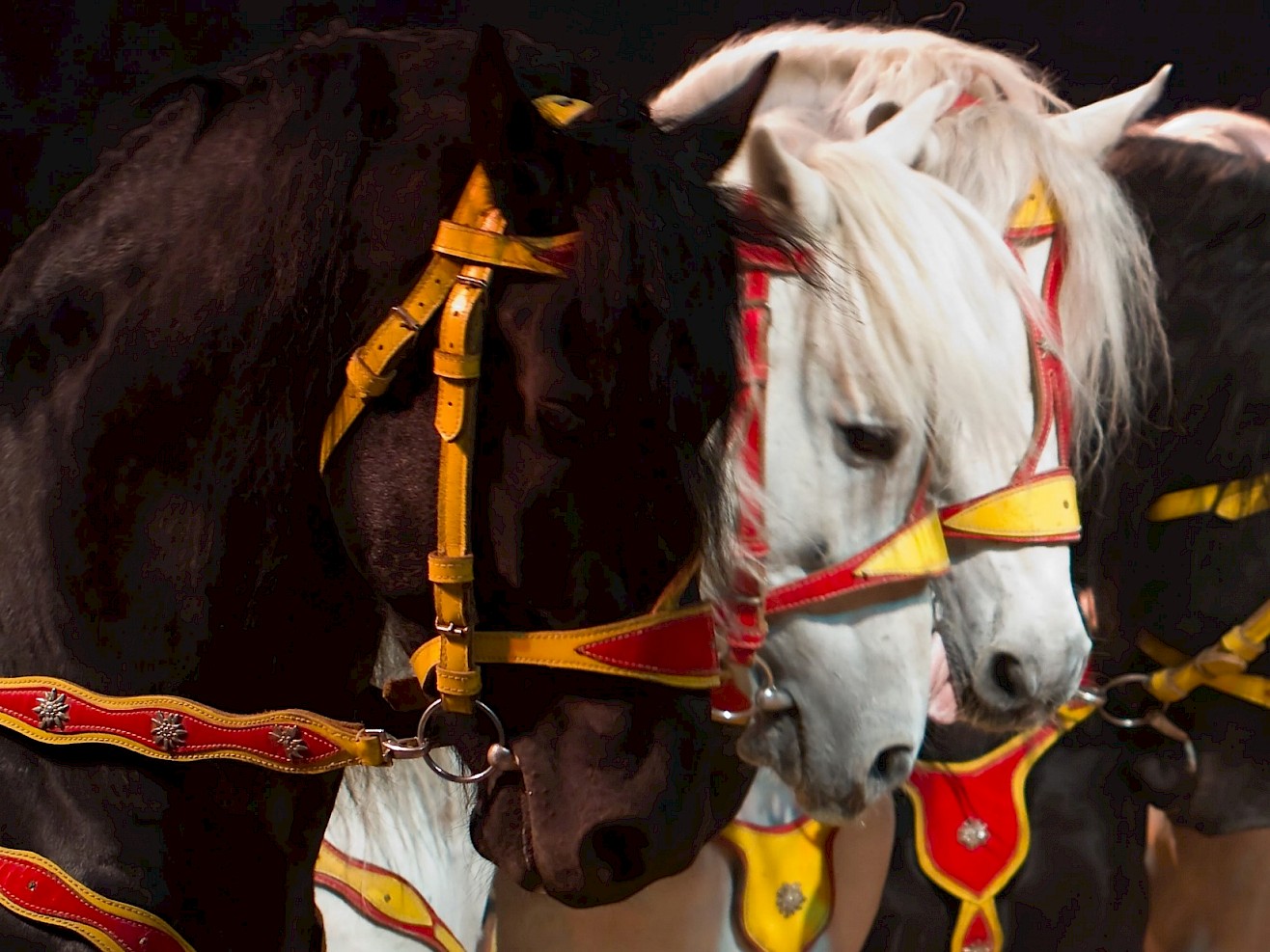
Animal rights extremist groups are working hard to make that impossible:
Animal rights extremists do not believe any animal should be owned, provide services for humans or exhibited. Animals, like elephants, have lived with and worked beside man for thousands of years, similar to domesticated dogs and horses. Animal rights extremists do not rely on science or facts. They are not experts in animal care and are not worried about the unintended consequences of their actions. How will domesticated animals, who rely on humans, survive once they are “set free”?
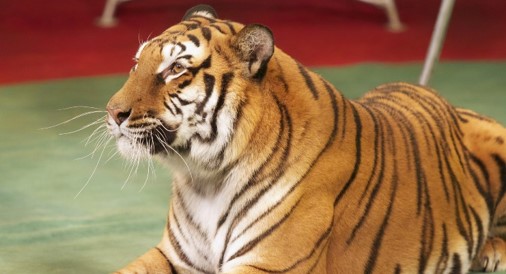
Keep Animals In Our Lives
The extremists attacking the circus are the very same groups that are attacking zoos, carriage horses, pony rides, dog and cat breeders, animal agriculture and more. Please support performing animals. Do not let extremists dictate what we eat, wear and how we experience animals.

